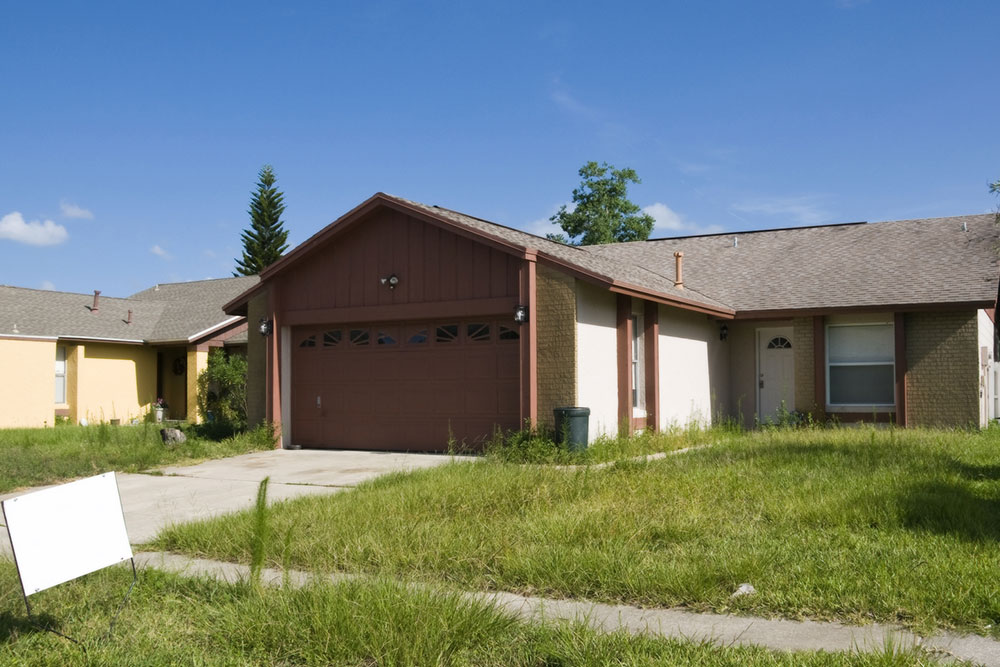
6 things to consider before buying a foreclosed home
Foreclosed homes are properties seized by lenders or financial institutions when the owner fails to meet the mortgage obligations. Such homes are then sold by lenders, giving interested buyers a unique opportunity to get properties at a discounted price. To navigate this market, one must know the intricacies of foreclosed properties. So, here is how to buy foreclosed homes by considering a few key factors to get the most out of the purchase:
Things to consider
Here are key details worth considering before buying foreclosed homes:
1. Process of foreclosure
Here are the primary stages involved in the process of selling a foreclosed home:
– The process begins with the bank issuing a notice of default, mentioning the outstanding debt.
– If the homeowner is unable to pay the due amount within the time specified in the default notice, the bank can decide how to sell a foreclosed home. Here, the bank may put the property up for sale at a scheduled public auction, selling the home to the highest bidder. If the home remains unsold at the auction, it becomes real estate owned (REO) by the bank. The maintenance and sale of the property then become the bank’s responsibility.
– The bank, typically with the help of a real estate consultant, lists the REO property on the market for sale, setting an asking price based on the current market conditions and trends.
– Upon finding interested buyers, the lender can negotiate the price, closing terms, and other conditions and close the sale.
2. Purchase options
One can either find foreclosed homes by contacting the lenders when they fail to sell them at auctions, or they can participate directly in the auctions. Here is a deeper look at purchase options:
Short sale: This is a sale wherein the homeowners offer the property for an amount less than the mortgage after getting the lender’s approval. Here, foreclosure is pending. So, to complete the transaction, one will require an approval letter from the lender and not the homeowner. In most cases, one may experience some delays in this process.
Auctions: In auctions, one can get faster access to the properties than in negotiations with banks or sellers. So, one can buy a foreclosed home at a price below the market rate. However, one will have to pay for them in cash. Some auctions may allow mortgage financing; however, one should ensure that they have the lender’s initial approval. Another aspect to consider is that buying a home at an auction means skipping the appraisal or inspection processes. So, there is a degree of risk one must consider. One can consult a real estate attorney to understand the risks.
Direct purchase: One can avoid direct homeowner negotiations by buying a foreclosed home from the lender’s REO inventory. The lender ensures title clearance before the sale and ensures the home is vacant before offering it directly to the buyer. One can expect experienced real estate agents to be involved in this process. While the properties are sold as-is, one can inspect them before buying.
3. Professional assistance
Lenders typically work with REO agents, who then work with traditional real estate agents to find interested buyers. However, not every real estate agent has enough experience working with REO agents. So, it is important to look for qualified agents who can help one navigate the state’s REO buying process, negotiate the purchase price, facilitate an inspection, and make an offer.
4. Listings
While a real estate agent can help with the search, one must also look for listings themselves to find suitable foreclosed homes. In addition to the government’s HUD website, one can look up listings on other platforms, like those of government-sponsored mortgage associations. Alternatively, one can look up “foreclosed homes near me” to find online listings.
5. Mortgage preapproval
One will typically need mortgage financing to buy a foreclosed home, especially if not opting for auction purchases. So, upon engaging an agent and beginning the home search, one should get a mortgage preapproval from the lender before making a deal.
6. Inspection
Upon shortlisting foreclosed homes, one should insist on an inspection to check what needs to be replaced or repaired and get an appraisal for the property. During the inspection, roofs, floors, HVAC, walls, windows, and appliances can be examined. Following this, one can choose to buy the property with the help of the agent and discuss terms with the bank.
Consulting a real estate agent with relevant expertise can help one find the best deal and avoid unwanted surprises while buying foreclosed properties.



